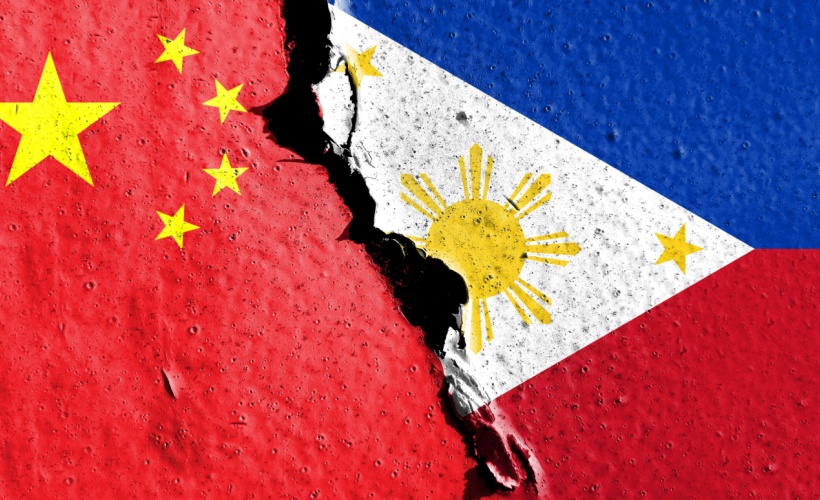William Hurst, the new Chong Hua Professor of Chinese Development in the Department of Politics and International Studies (POLIS), is delighted to take up the deputy directorship of the Centre for Geopolitics. Bill received his PhD in 2005 from the University of California-Berkeley and, following two years as a postdoctoral fellow at Oxford, held tenured or tenure-track posts at the University of Texas at Austin, the University of Toronto, and Northwestern University, in addition to a fellowship at Harvard University’s Radcliffe Institute for Advanced Study, before coming to Cambridge in January 2021.
At the Centre for Geopolitics, he will help coordinate many aspects of research, activities, and events on the Indo-Pacific. His own research in this area is especially concentrated on Chinese foreign policy, international relations, and evolving role in the world, as well as the broader politics of the South China Sea and Southeast Asia in general. In particular, Bill is interested in the interaction of domestic politics and international structural factors in shaping the ways in which states approach different aspects of their relations (e.g. pertaining to trade, security, or the exchange of people or ideas) with other countries. He is working on two large projects growing out of these themes – the first on the history and politics of the South China Sea, the second – a co-authored work – on US-China relations since 1900. Both look over long spans of history to foreground the ways in which domestic social cleavages and political coalitions and leadership machinations influence certain types of relationships, while structural dimensions of the world or regional order help determine others.
Outside of his work on international relations, Bill has long-running and ongoing interests in political economy, the politics of development, law and society, and urban politics, as well as social movements and contentious politics. He continues to pursue research on these in China, Indonesia, and other countries. His first book, The Chinese Worker after Socialism (Cambridge 2009), explored the politics of more than 35 million workers laid off from Chinese state-owned enterprises in the 1990s and 2000s, based on extensive interviews and field research in nine different cities. His second book, Ruling Before the Law: the Politics of Legal Regimes in China and Indonesia (Cambridge 2018), was the first major monograph to compare the world’s largest and fourth largest countries and the most comprehensive work in decades on either country’s legal system at the grassroots. He is currently at work on a book explaining the dynamics of land politics, the political economy of state formation, and the long-run implications of dramatic change and critical bargains struck in the 1950s and 1960s in China, Indonesia, Taiwan, and Malaysia. Besides these books, he’s also published a wide array of edited volumes, articles, chapters, essays, op-eds, and the like.
What excites Bill most about being at the Centre for Geopolitics is that the Centre brings together all these otherwise seemingly disparate aspects of his research agenda and intellectual profile. Nowhere else takes history, structure, domestic politics, and the potential of leadership or other contingencies so carefully into account when thinking about and debating international relations. Eschewing simple (or simplistic) arguments and explanations to examine issues and questions both at close range and against a broader tableau has always been a hallmark of the Centre’s approach and Bill is honoured to be able to contribute to the its future growth and development.







